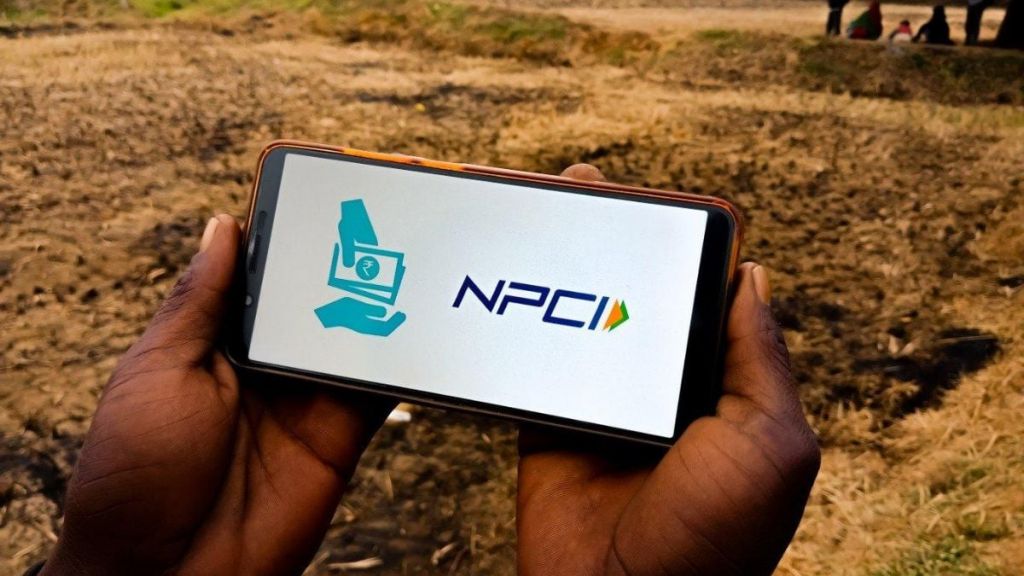
Amid concerns of fraud and malice, the National Payments Corporation of India or NPCI, the central government body, that runs the Unified Payment Interface or UPI payment services has issued a clarification on the apparent 'Jumped Deposit' scam.
No Fraud On UPI
The NPCI bluntly rejected claims of any scam or fraud on its UPI platforms.
The NPCI issued the clarification on January 13 and said, In light of recent media reports concerning a new online fraud called the ‘Jumped Deposit’ scam, we have observed certain inaccuracies and technical discrepancies in these descriptions that have led to unnecessary panic and confusion among users about the UPI platform."

UPI Is Safe
Rejecting the claim, it further added, "We would also like to clarify that no instances of fraud, as described in the articles on ‘Jumped Deposit’ Scam, have been observed on the UPI platform.
Empowering your everyday transactions for a smarter tomorrow. Here are the daily stats for 12th January 2025. #AePS #BHIMUPI #IMPS #NETC pic.twitter.com/ZSbNjEbwzF
— NPCI (@NPCI_NPCI) January 13, 2025
What Is Jumped Deposit Fraud?
The 'Jumped Deposit' fraud is where charlatans look to scam unsuspecting victims by depositing a small amount into the account of users, to then ask for larger amount from the users who have received the amount. This scam is carried by out fraudsters who ask victims to send a larger amount, by sending a fake message for the money requested.
After obtaining the pin, they take the money from the account.
The NPCI also added, "To address these concerns and ensure clarity, NPCI would like to provide the following key clarifications:
• Simply opening a UPI or bank application does not automatically approve a transaction. For a transaction to occur, the user must navigate to the payment request and explicitly click on the ‘pay’ option to authorise it with a UPI PIN. Without this step, the payment will not get processed.
• No external party can directly request or withdraw funds from the user’s account. UPI is a device-based payment system, meaning the payment account is securely linked to the user’s registered number and their specific mobile device. Only the user can initiate transactions or withdrawals, ensuring that others cannot access their funds.
• Entering the PIN is required even for balance enquiry transactions, and it does not automatically authorise any withdrawal or payment requests which is treated as a separate transaction.